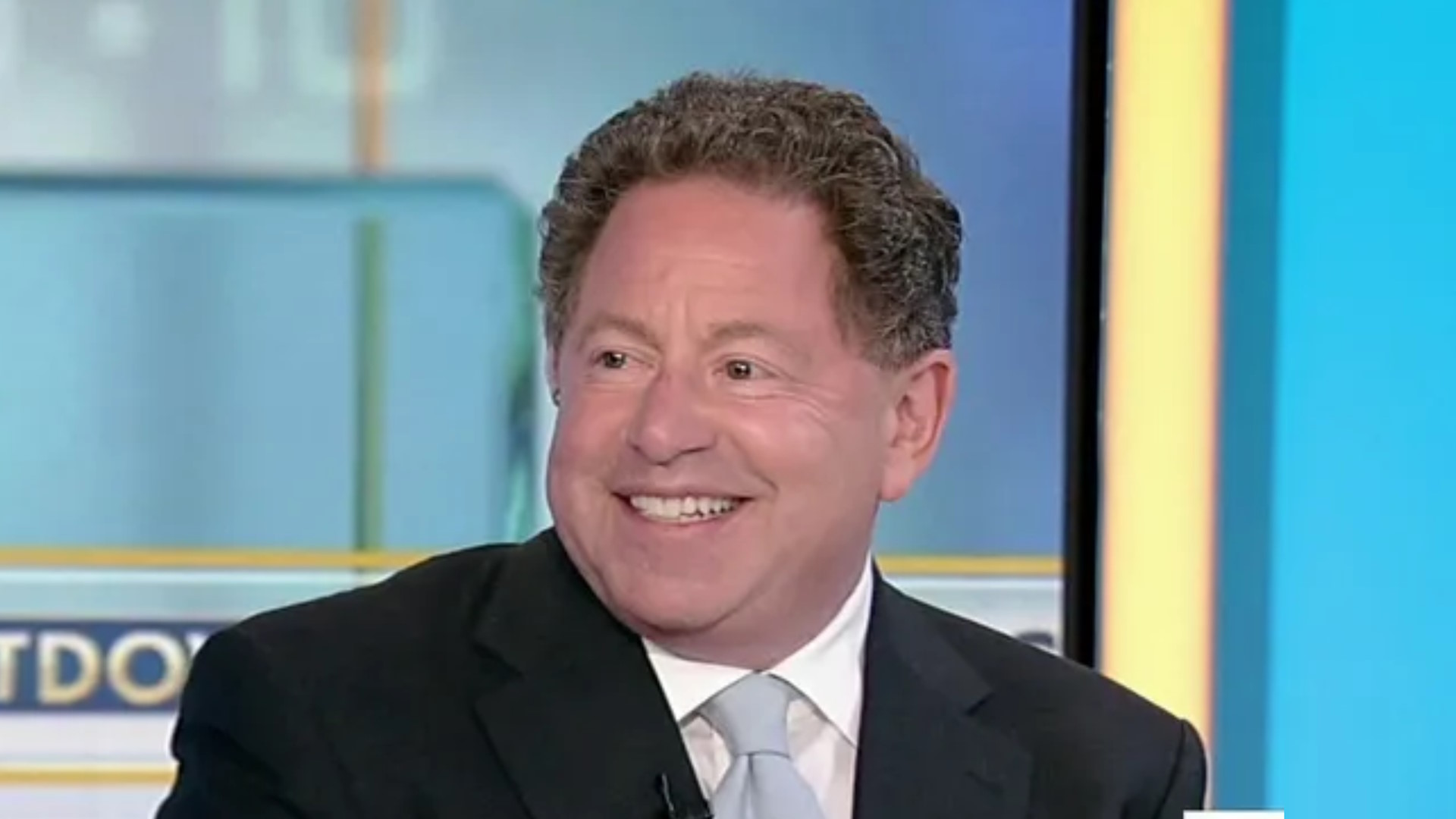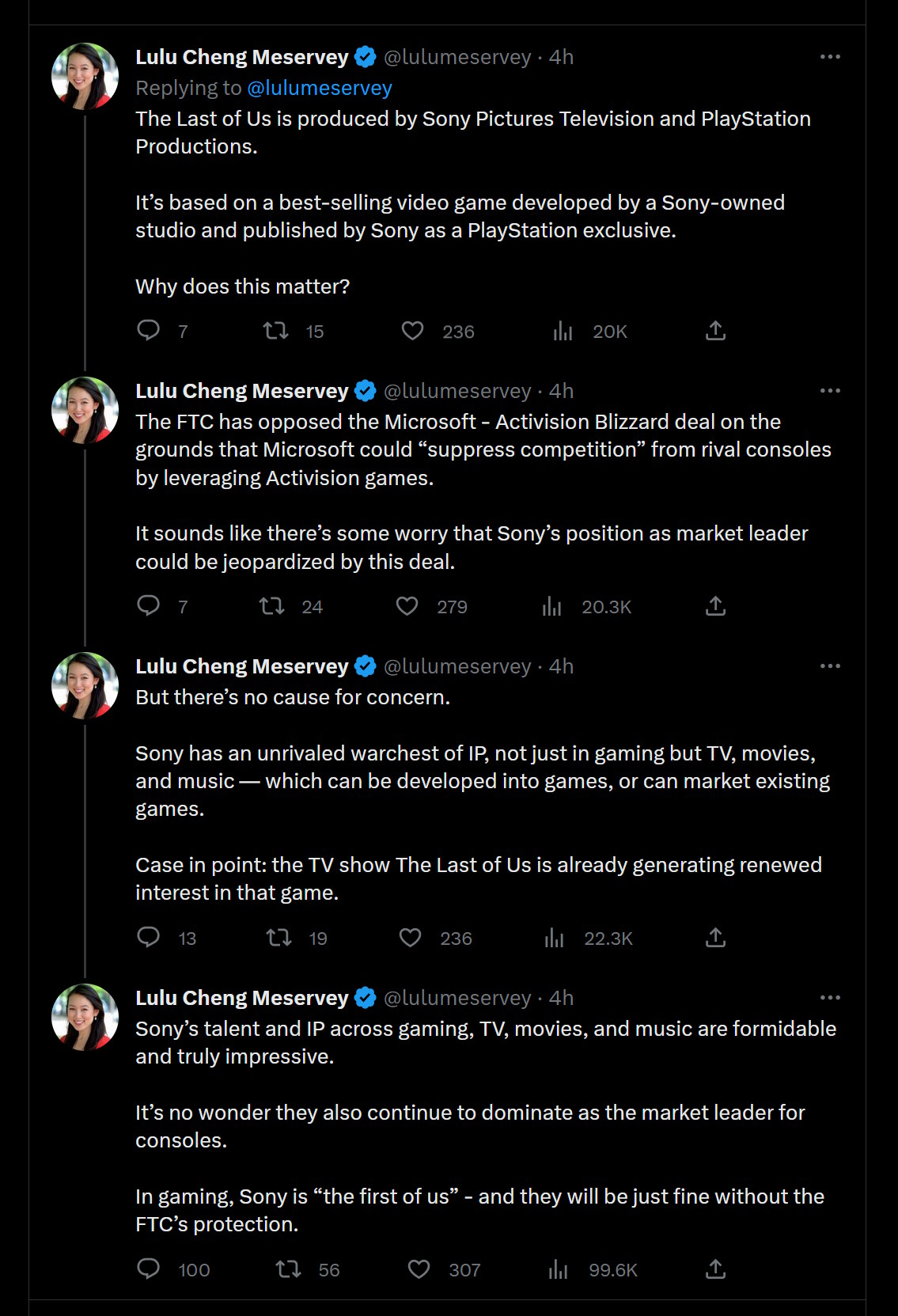Activision Blizzard CEO Bobby Kotick says Sony is 'not returning our calls'
In an interview on Fox Business, the chief executive said his company doesn't appear to be as valuable as Sony makes it out to be.

With Microsoft's proposed acquisition of Activision Blizzard continuing to run up against regulatory resistance, Activision Blizzard CEO Bobby Kotick is now taking to the airwaves to defend the deal. In a new interview with Fox Business, Kotick said regulators are reluctant to approve the deal because they're not familiar with how the videogame industry works, and implied that the real anti-competitive behemoth in the market isn't Microsoft, but Sony.
"I think what we're experiencing right now are regulators who have very little experience with our industry," Kotick said. "There's probably a lot of consolidation that could happen over time. It's an extremely fragmented industry, and today the dominant players are Japanese and Chinese companies. And so I think as they're starting to learn about the industry, they're realizing that that's an unfounded concern.
"You start with, 'What even is Call of Duty?' It's a military simulation that's based on military experiences through the course of history. There is nothing proprietary about that as an idea. If Sony, for example, wanted to make games based on [the] military, they have a film studio and a library of television programs that are all inspired—like they've just done with The Last of Us, this fantastic new show that's on HBO. But they created this program from the ground up based on a videogame. So there's an enormous amount of competition. I think when regulators start to understand that, they'll actually think about this transaction differently."
This isn't the first time the success of The Last of Us has come up in discussions regarding the Microsoft—Activision deal: In January, chief communications officer Lulu Cheng Meservey said on Twitter that the success of the show reflects the depth of Sony's talent and resources "across gaming, TV, movies, and music," and proves that "they will be just fine without the FTC's protection."
My initial impression was that Meservey's tweets seemed like a real deviation from Microsoft's official position—that it will not make Call of Duty a console exclusive.

But Kotick drilled down further on the point during the interview, implying that Sony isn't as worried about the future of CoD as it publicly presents.
"Sony's not on the phone to us. In fact, they're not returning our phone calls," Kotick said. "And so I think one of the things that's surprising to us is, this is the time where ordinarily we'd be talking about the future and new opportunities together for partnership, and they just haven't been returning our phone calls. And so I don't know that we're as valuable as maybe they've represented to the regulators that we are."
The biggest gaming news, reviews and hardware deals
Keep up to date with the most important stories and the best deals, as picked by the PC Gamer team.
After reiterating that the business model embraced by both Microsoft and Activision Blizzard is getting their software "on every microprocessor that has a display," Kotick looped back around to The Last of Us to imply that Sony is the company regulators should be worried about, and that Microsoft needs to bag Activision Blizzard just to have a chance at keeping up.
"People have tried for years to create adaptations of videogames, and they have not done that successfully," Kotick said. "It's one of Sony's enormous competitive advantages, is that they have a television and film capability, and this rich library of intellectual property. And so they were able to do something that no other company has been able to do. And I think they did it because they have an extraordinarily talented group of people at the developer that made the game, and they were really able to take advantage of the resources of Sony.
"And this is something that we and Microsoft will have to compete against—and Microsoft doesn't have a film studio, they don't have a film library, they don't have a television division, they don't have a market share division of music that I think must be 35 or 40% market share of the music industry. [Sony] can use all of those assets in unique ways that Microsoft doesn't have the ability to do."
Kotick has been awfully quiet on the acquisition front until this week (he also spoke about the deal this week on CNBC), which could reflect growing concern at Microsoft and Activision Blizzard about the fate of the buyout. No final decisions have been made by any major regulator at this point, but the UK's Competition and Markets Authority recently signalled that it's ready to oppose the deal unless Activision Blizzard is broken up ahead of the merger—say, by spinning off the Call of Duty business completely, a move that I have to think would scupper the deal entirely. The FTC has also sued to stop the acquisition, and while there was some early expectation that lawsuit was more of an on-the-record registration of opposition than a real effort to end it, the longer this drags on the more it looks like heels could be digging in.
If nothing else, Kotick at least managed to convince Fox Business host Liz Claman of the rightness of his cause: After the interview was over, she said, "You kind of just made the case for why it's not negative for competition."

Andy has been gaming on PCs from the very beginning, starting as a youngster with text adventures and primitive action games on a cassette-based TRS80. From there he graduated to the glory days of Sierra Online adventures and Microprose sims, ran a local BBS, learned how to build PCs, and developed a longstanding love of RPGs, immersive sims, and shooters. He began writing videogame news in 2007 for The Escapist and somehow managed to avoid getting fired until 2014, when he joined the storied ranks of PC Gamer. He covers all aspects of the industry, from new game announcements and patch notes to legal disputes, Twitch beefs, esports, and Henry Cavill. Lots of Henry Cavill.

